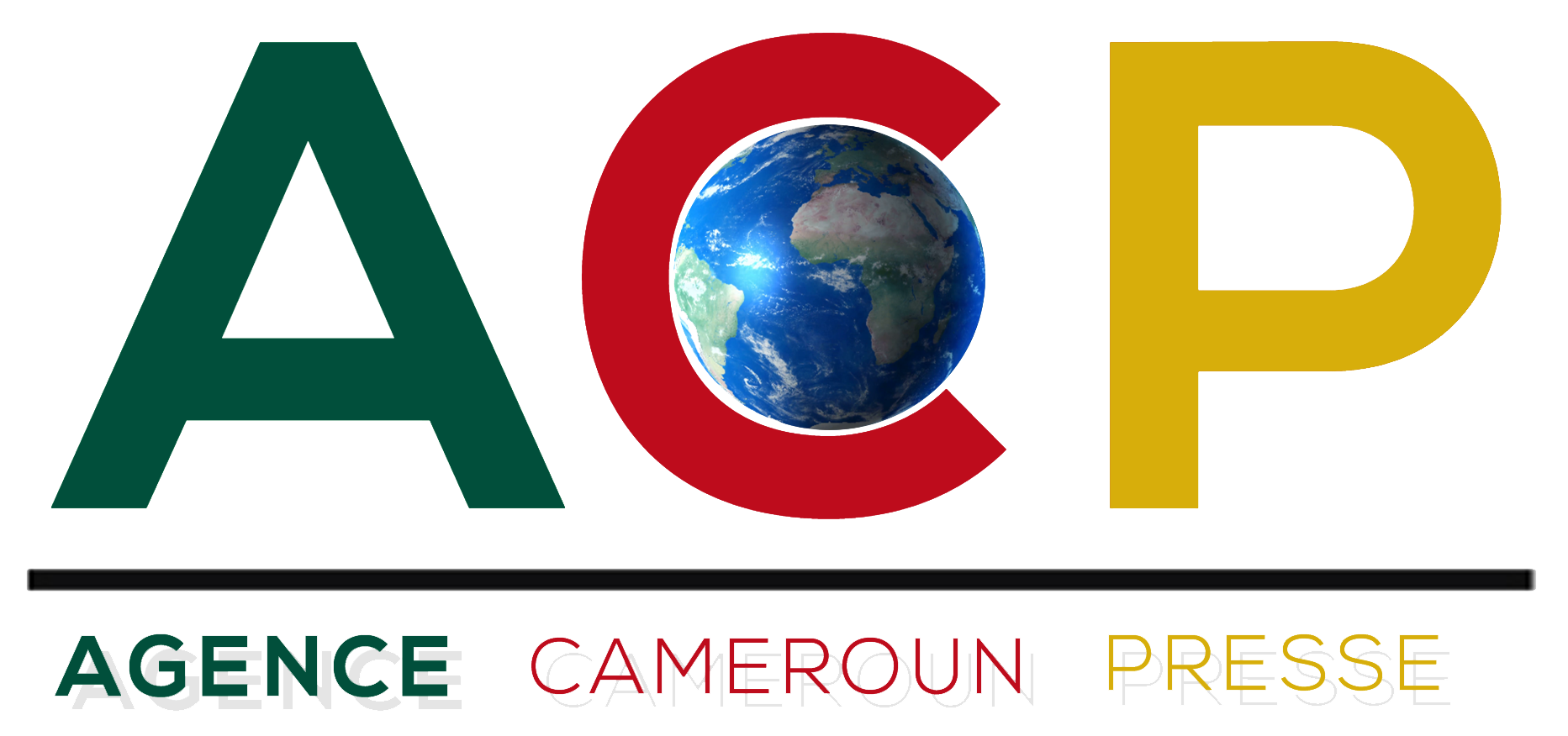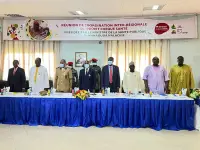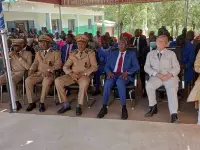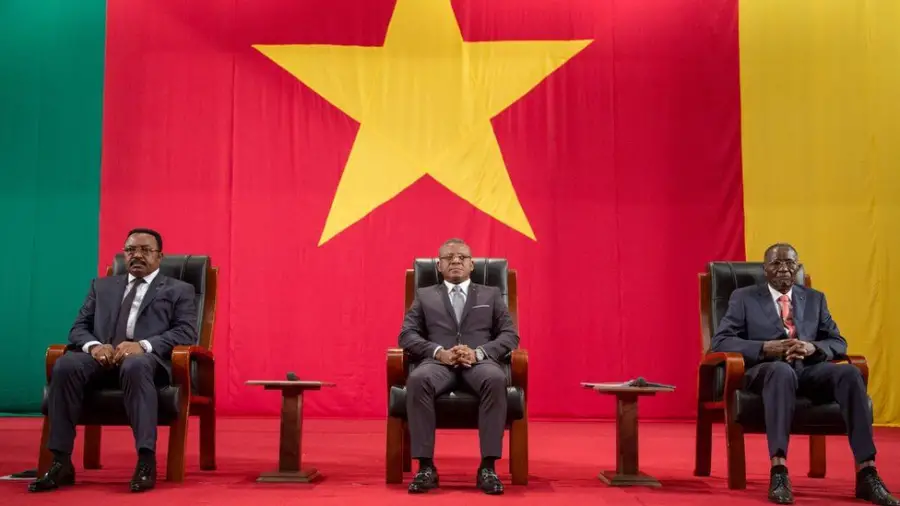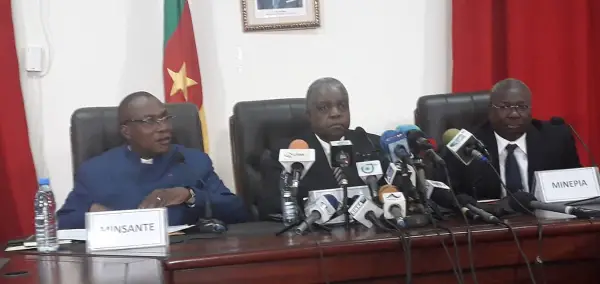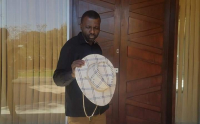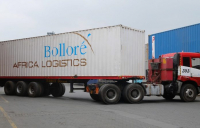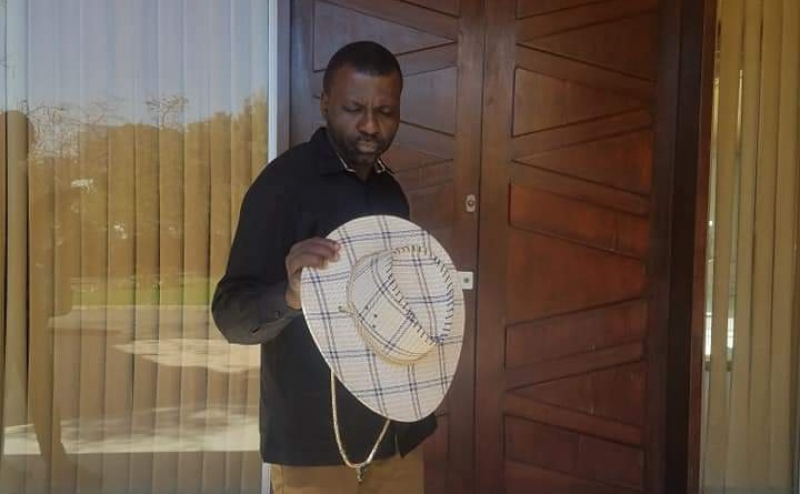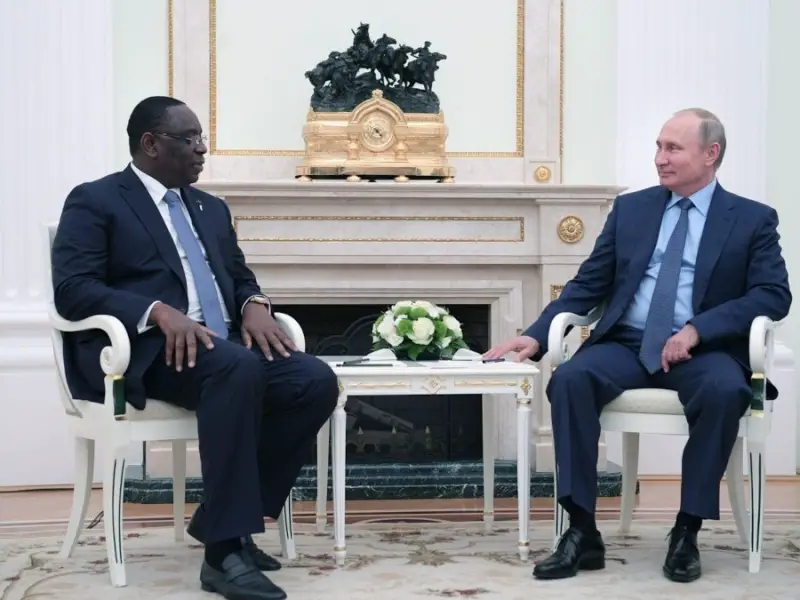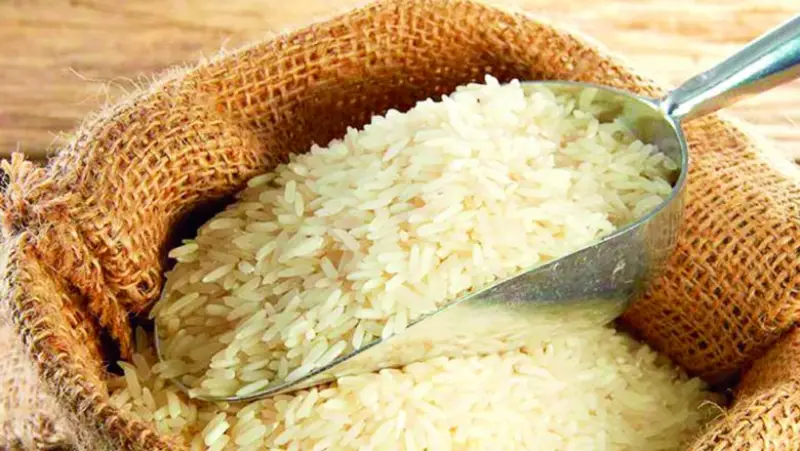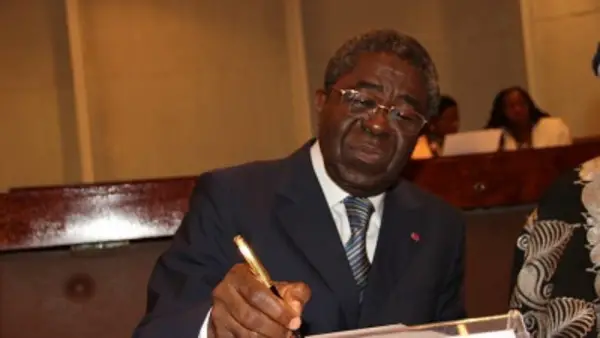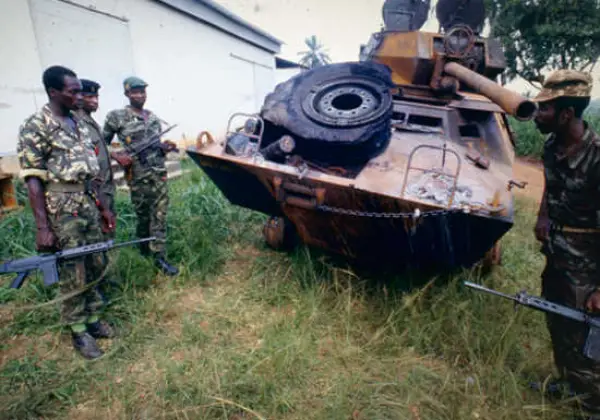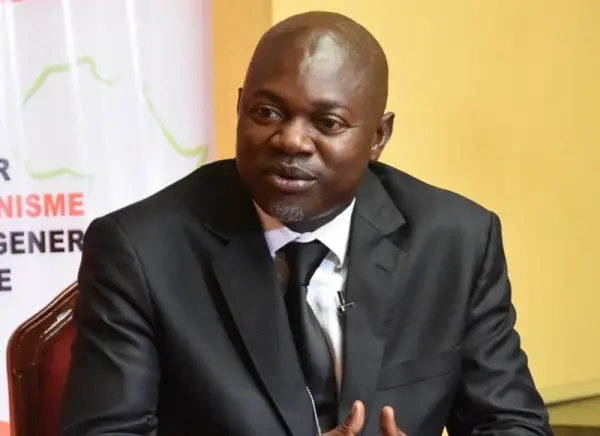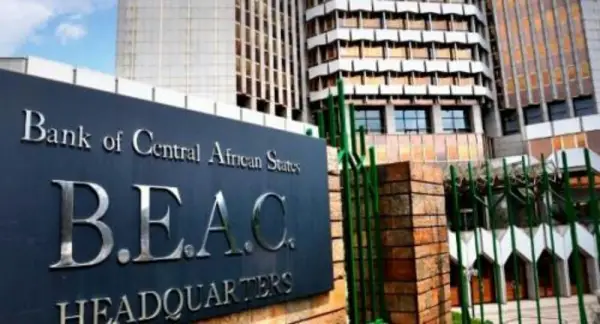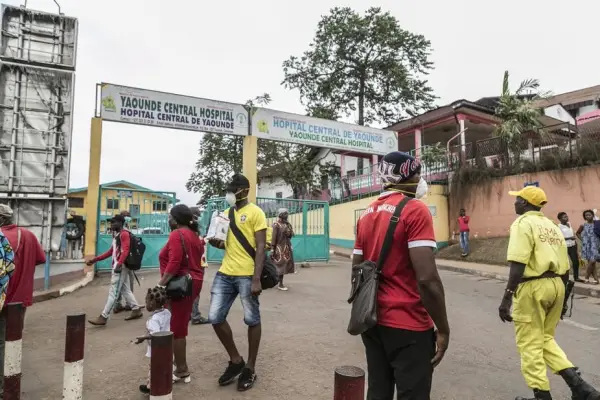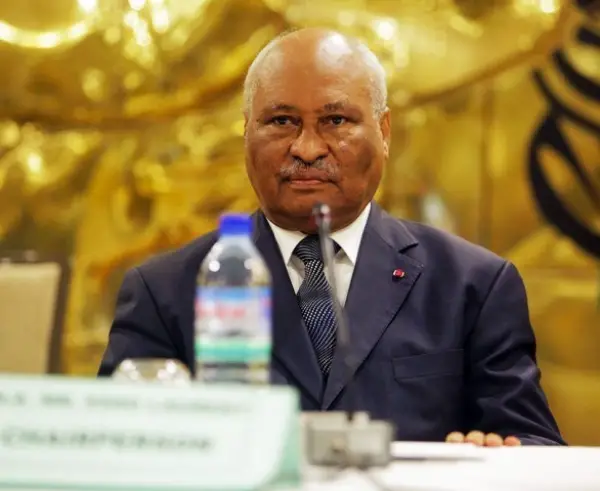Cameroon’s Prime Minister Head of Government, Chief Dr Joseph Dion Ngute is in Buea, chief town of the country’s South West region to evaluate the extent to which the recommendations of the Major National Dialogue held two years ago have been implemented.
Ahead of the evaluation meeting that holds this Wednesday, the Head of Government arrived Buea Tuesday September 21 and was given a hero’s welcome by the population who defied the two-week lockdown imposed by separatist fighters and turned out in their numbers, including administrative and traditional authorities and students.
He will chair the second session of the committee to charged with the follow-up of the implementation of recommendations arrived at at the Major National Dialogue convened by president Paul Biya two years ago.
A good number of issues will be on the PM’s table, including the level of implementation of the special status granted the two English-speaking regions whose process officially kicked on with the appointment of the pioneer Public Independent Conciliators for the two regions in June.
Apart from evaluating the recommendations of the Major National Dialogue, the population equally expects the Head of Government to address the current wave of violence targeting security officers as well as the situation of the Ndian Divisional Officers abducted months ago by suspected separatist fighters whose whereabouts is still unknown.
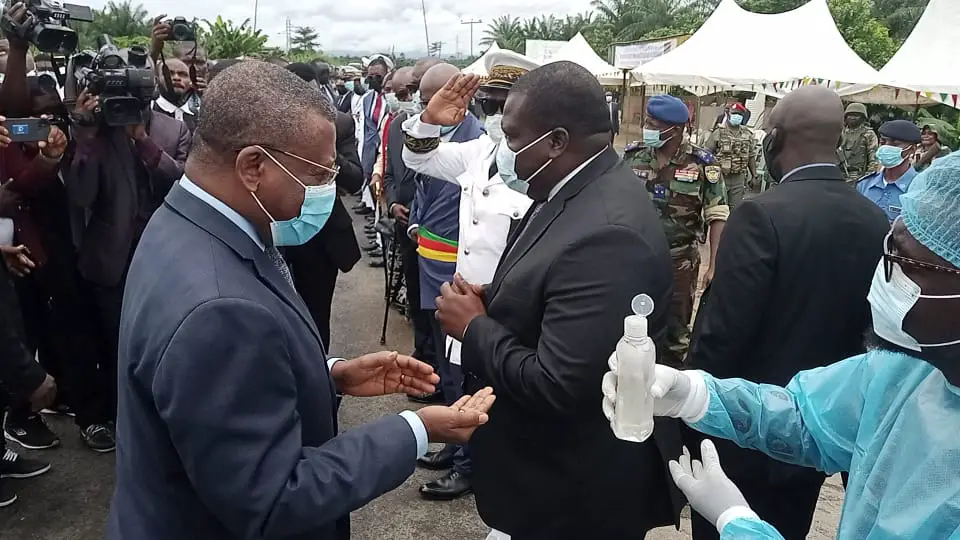
PM Dion Ngute upon arriving Buea
Before today’s gathering, PM Dion Ngute had a word with pressmen upon arriving Buea Tuesday September 21 at the Conference hall of the Buea Mountain Hotel. The Head of Government challenged the men and women of the press to change their narratives on the crisis and begin reporting on Government’s efforts in bringing the situation back to normal in the regions.
The Anglophone crisis that started as a street protest staged by Teachers trade unions and Lawyers associations enters its fifth year this November. Confrontations between separatists fighting for an independent State of Ambazonia and Government forces have led to thousands of deaths, displaced more than 700,000 and forced some 63,000 across the border to Nigeria, according to a United Nations report of April 2021.
Fresh violence targeting soldiers with the use of sophisticated weapons acquired thanks to their alliance with violent fundamentalist groups operating out of the Cameroonian borders according to the Government have contributed in intensifying the climate of insecurity that reigns in the regions. The military in return has promised not to relent efforts aimed at crushing down the armed groups.
Cameroonians seek to see an end to the violent hostilities and have prescribed a genuine dialogue as a way out of the current situation, which according to many is going out of control.
Ariane Foguem
